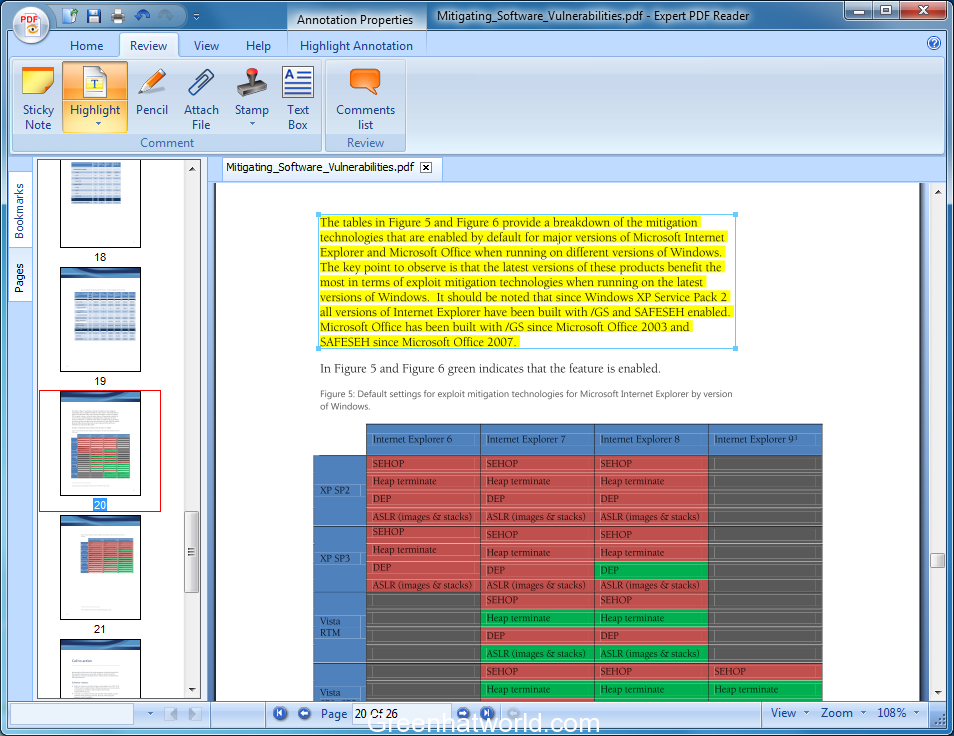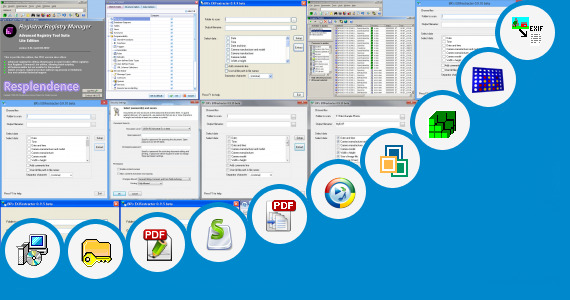
Occasional episodes of hyperglycaemia can also occur in children and young adults during growth spurts. taking certain medicines, such as steroid medication.over-treating an episode of hypoglycaemia (low blood sugar).missing a dose of your diabetes medication, or taking an incorrect dose.eating too much, such as snacking between meals.if you're tested every few months – a normal target is below 48mmol/mol (or 6.5% on the older measurement scale)Ī variety of things can trigger an increase in blood sugar level in people with diabetes, including:.if you monitor yourself at home – a normal target is 4-7mmol/l before eating and under 8.5-9mmol/l two hours after a meal.Target blood sugar levels differ for everyone, but generally speaking: You may be advised to use a testing device to monitor your blood sugar level regularly at home, or you may have an appointment with a nurse or doctor every few months to see what your level is. When you're first diagnosed with diabetes, your diabetes care team will usually tell you what your blood sugar level is and what you should aim to get it down to. You can have a test to check for the condition. Symptoms of hyperglycaemia can also be due to undiagnosed diabetes, so see your GP if this applies to you.


Download expert choice v 11.5 skin#

Symptoms of hyperglycaemia in people with diabetes tend to develop slowly over a few days or weeks. You may need to change your treatment or lifestyle to keep your blood sugar levels within a healthy range. If you experience hyperglycaemia regularly, speak to your doctor or diabetes care team. Regularly having high blood sugar levels for long periods of time (over months or years) can result in permanent damage to parts of the body such as the eyes, nerves, kidneys and blood vessels.

It can occasionally affect people who don't have diabetes, but usually only people who are seriously ill, such as those who have recently had a stroke or heart attack, or have a severe infection. It can affect people with type 1 diabetes and type 2 diabetes, as well as pregnant women with gestational diabetes. It's a common problem for people with diabetes. Hyperglycaemia is the medical term for a high blood sugar (glucose) level.


 0 kommentar(er)
0 kommentar(er)
